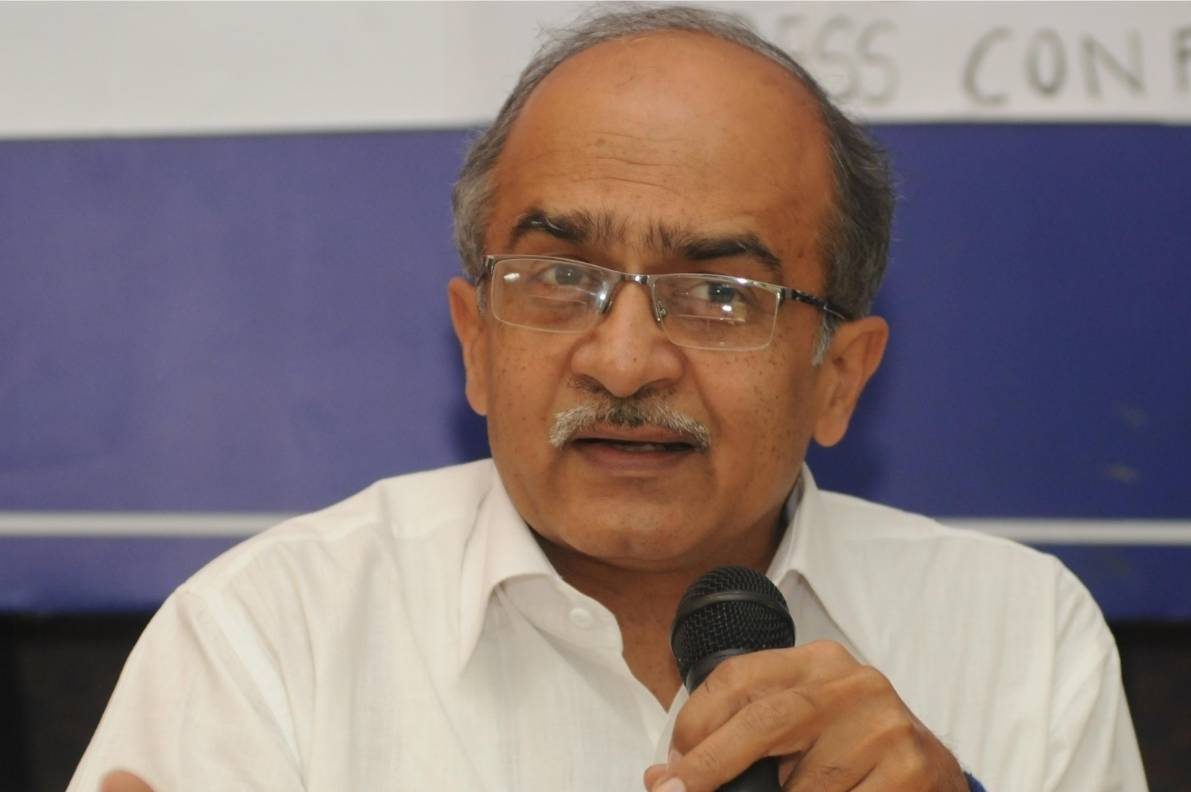As coronavirus cases continue to surge in India, restricting several economic activities, the World Bank may project a steeper contraction of the Indian economy for the current financial year, revised from the previous estimate of 3.2 percent.
In its report ‘India Development Update’ for July 2020, the World Bank said that amid rapidly evolving conditions, projections made in May are likely to be revised as new information is incorporated, especially as the daily number of cases continues to increase resulting in several states and districts re-imposing lockdowns, and available high frequency indicators show that the economy has not yet reverted to baseline.
In May, the World Bank had projected the Indian economy to contract by 3.2 per cent in FY 2020-21, and predicted rebound slowly in the next fiscal.
In its report released on Wednesday, the World Bank said that in the current, rapidly evolving context these projections are likely to be revised as new information is incorporated.
“In our revised projections, which would be available in October 2020, we would likely project a steeper contraction in the economy,” it said.
It noted that although a rebound is expected in FY 2021-22, it will take place “very slowly, reflecting the impact of the crisis not only on India’s current growth but also on potential output, which is expected to return to trend only over the next several quarters”.
Junaid Ahmad, World Bank Country Director in India, said: “While the government of India, with the support of the Reserve Bank of India, is continuing to take action to limit the impact of the COVID-19 pandemic, there is a recognition of both the uncertainty of the nature of the economic revival globally and the emergence of opportunities opened by the current crisis.”
He noted that the countries that invest in sectoral reforms – infrastructure, labour and land, human capital – and ensure that their national systems are connected to the global value chains, are more able to respond to uncertainties and are better placed to take advantage of any global shifts.
“Investing in these areas will give India the ability to navigate these uncertainties and be more competitive as the world emerges from the pandemic,” Ahmad said.
On the government disinvestment plans, the World Bank report said that given unprecedented financial market volatility, planned disinvestment is expected to proceed more slowly in the near-term.
Also Read: Reviving Tourism Sector
Also Read: UK Borrows Record £128bn Amid Pandemic









